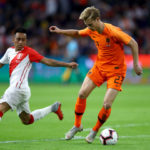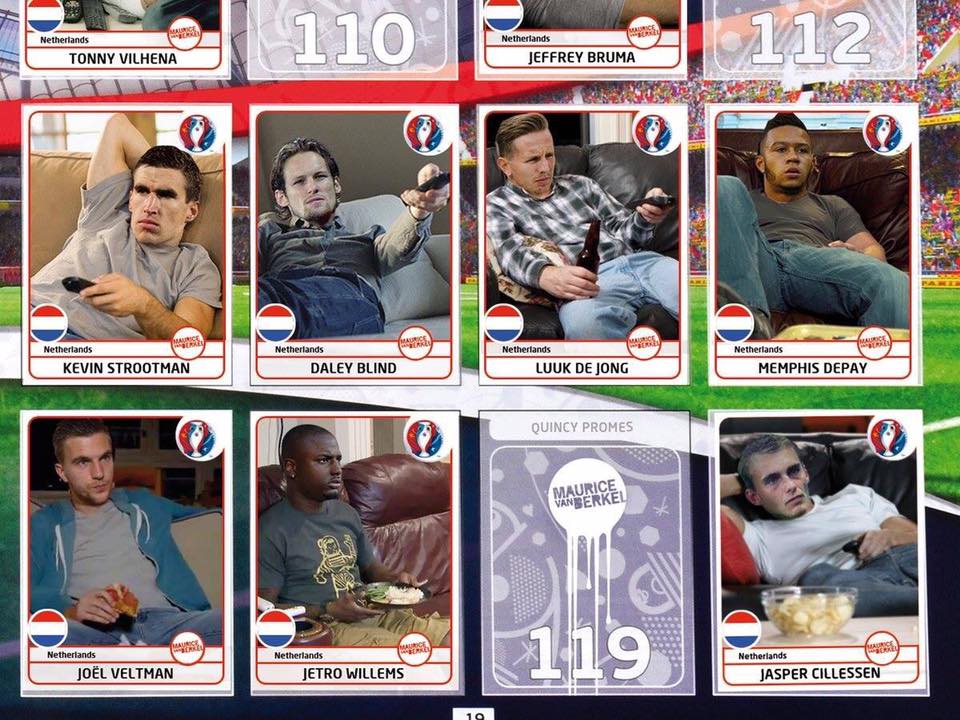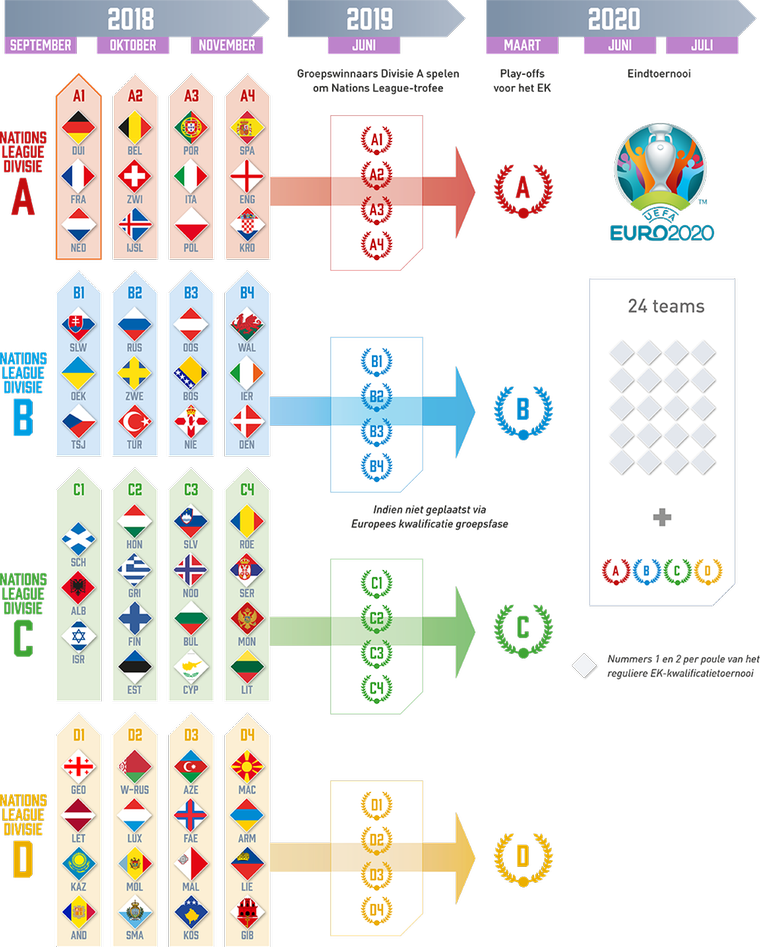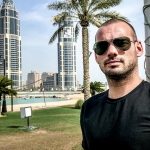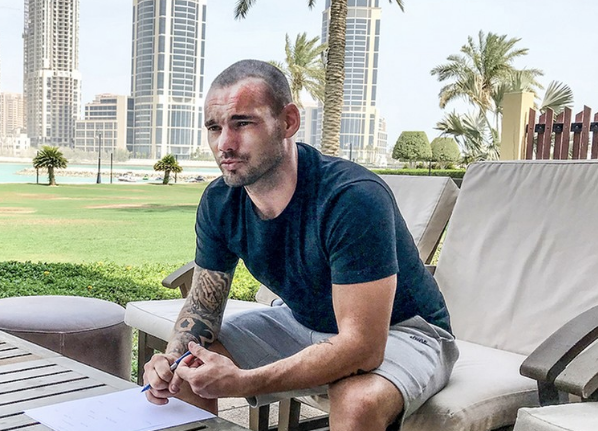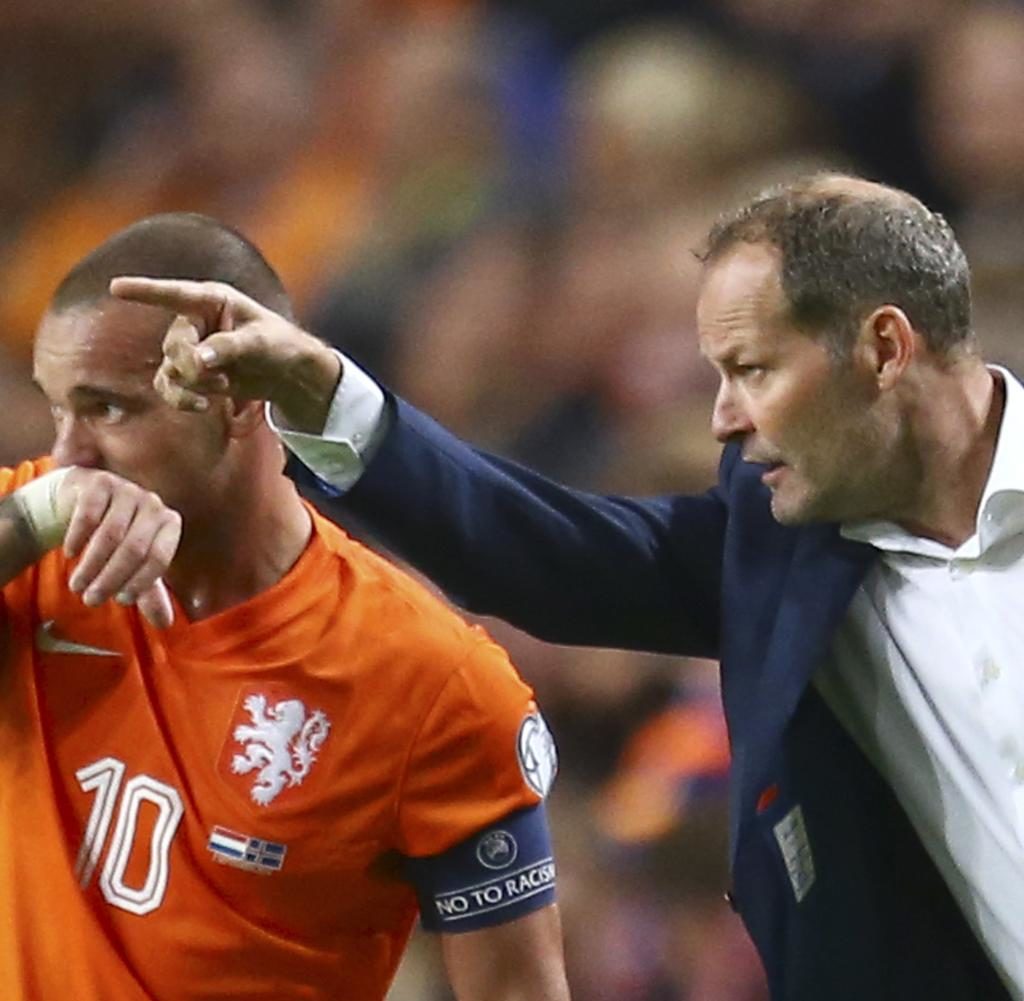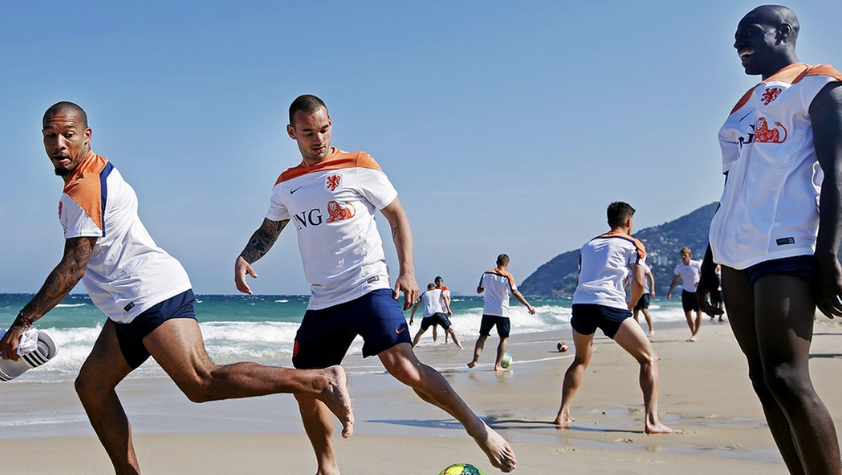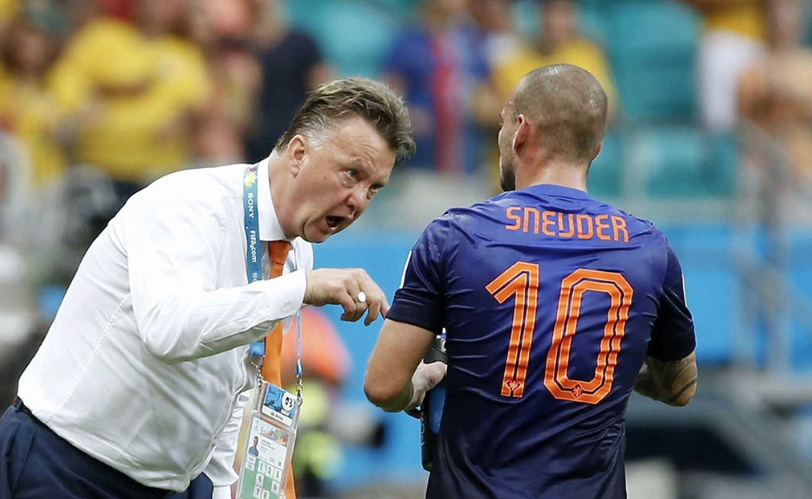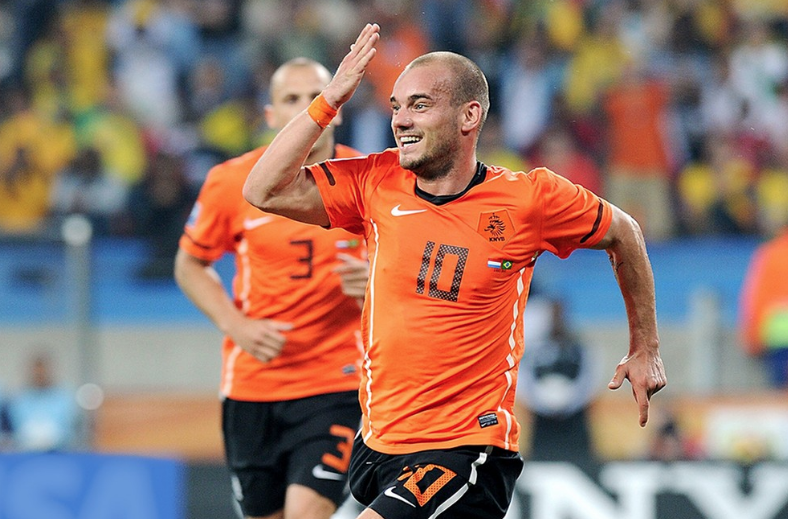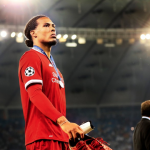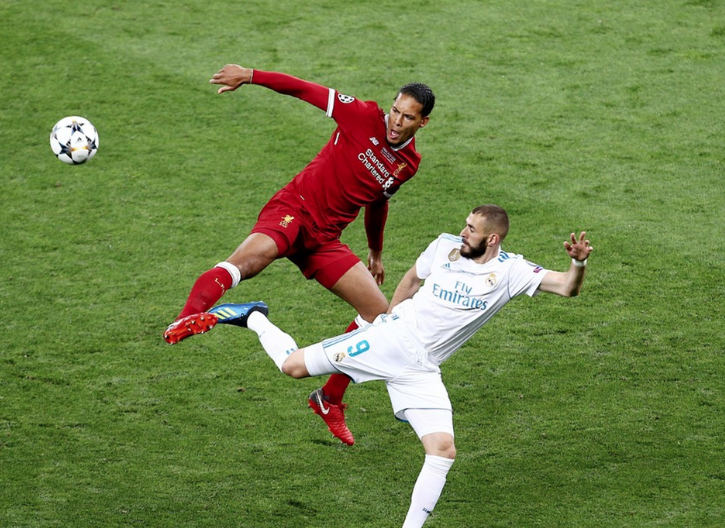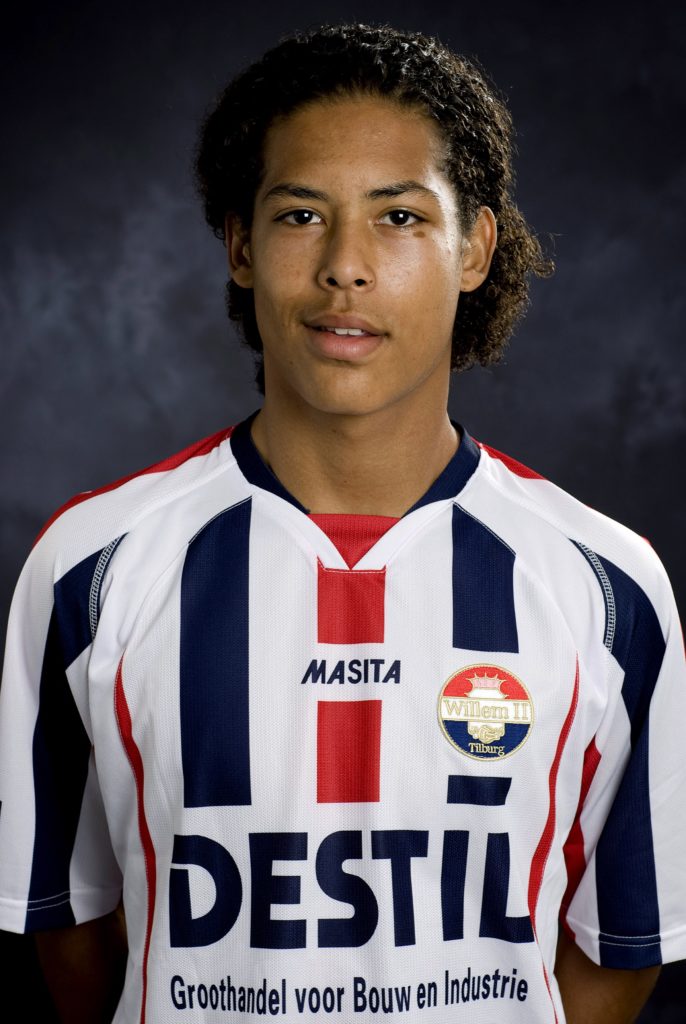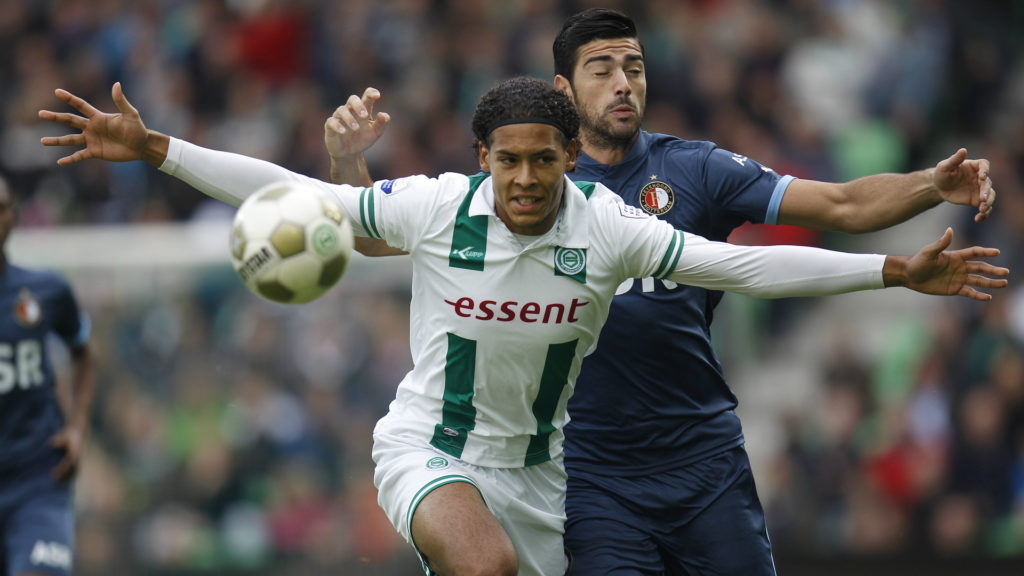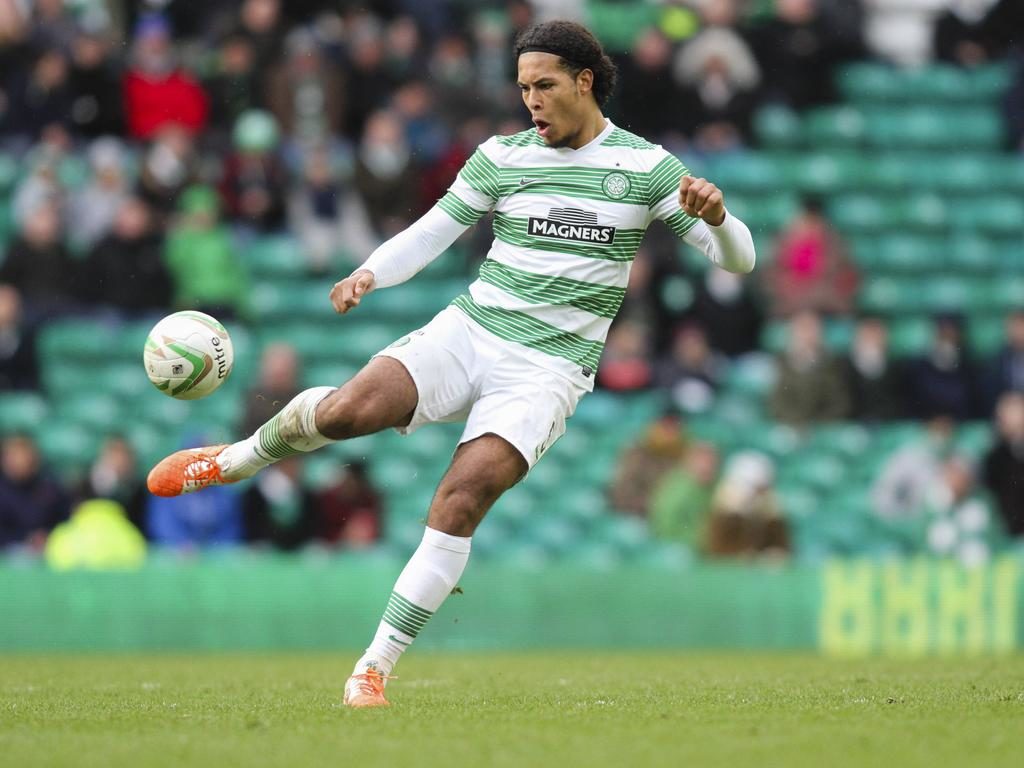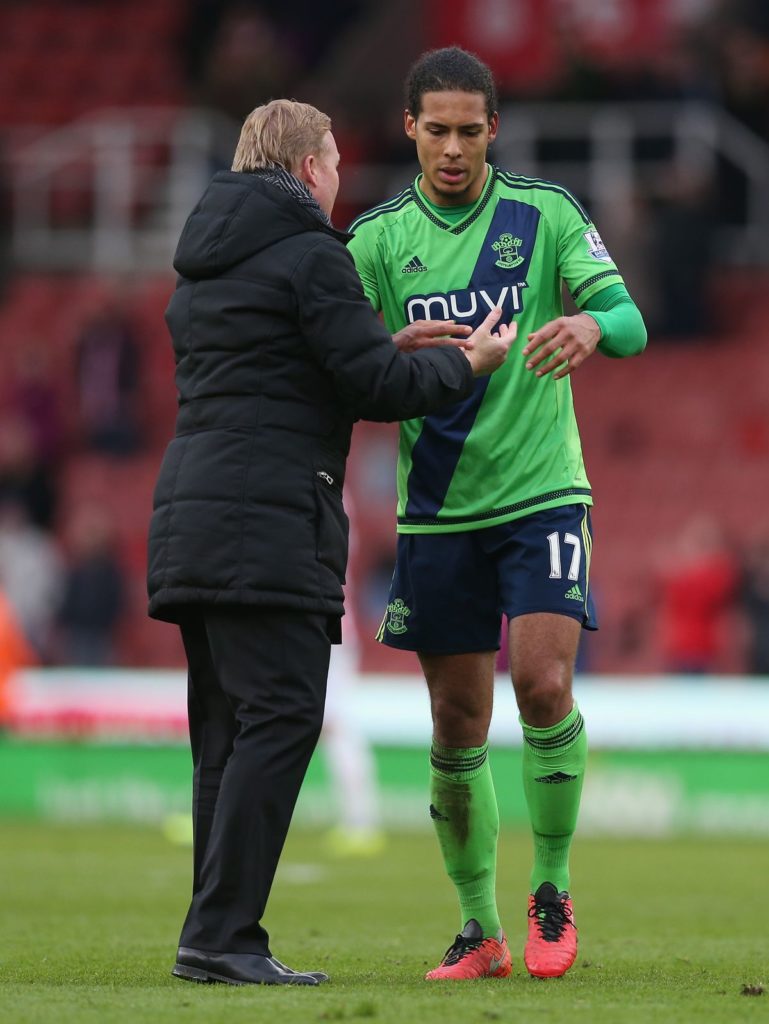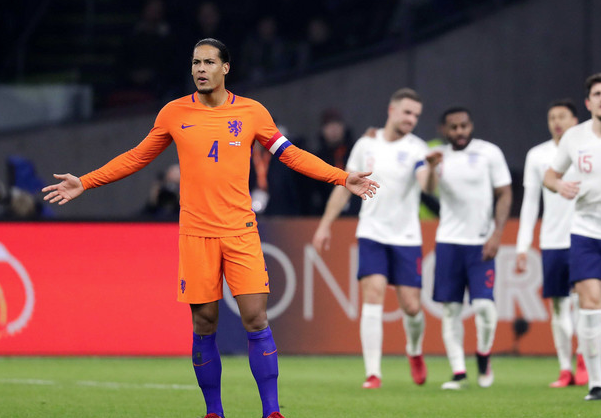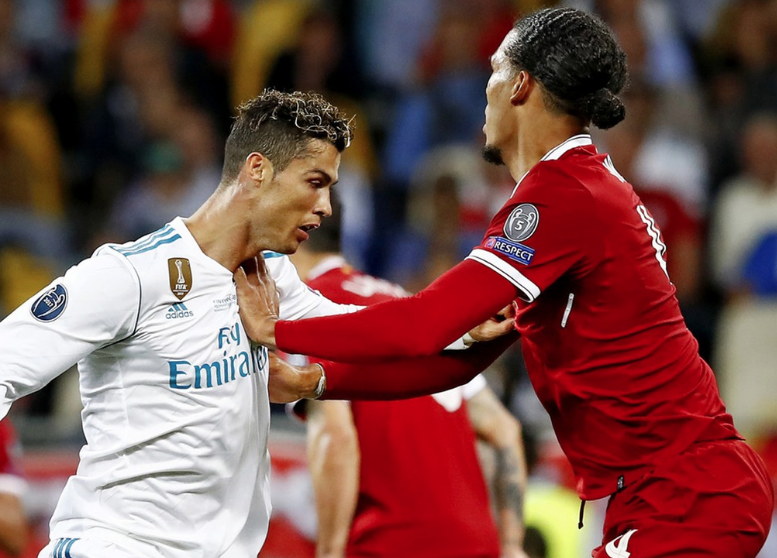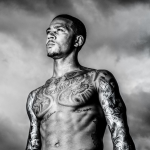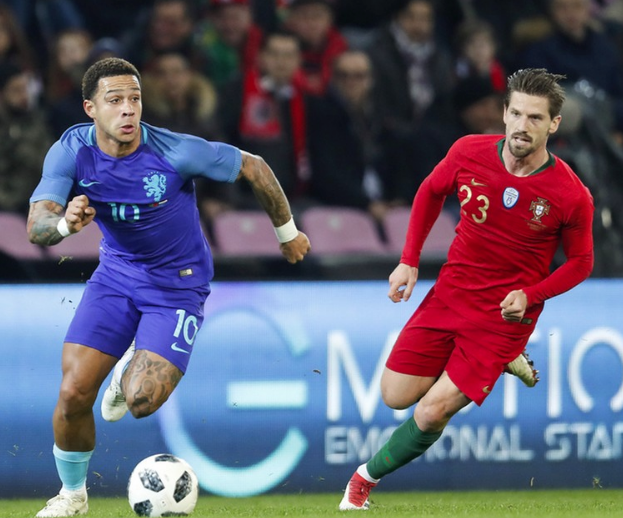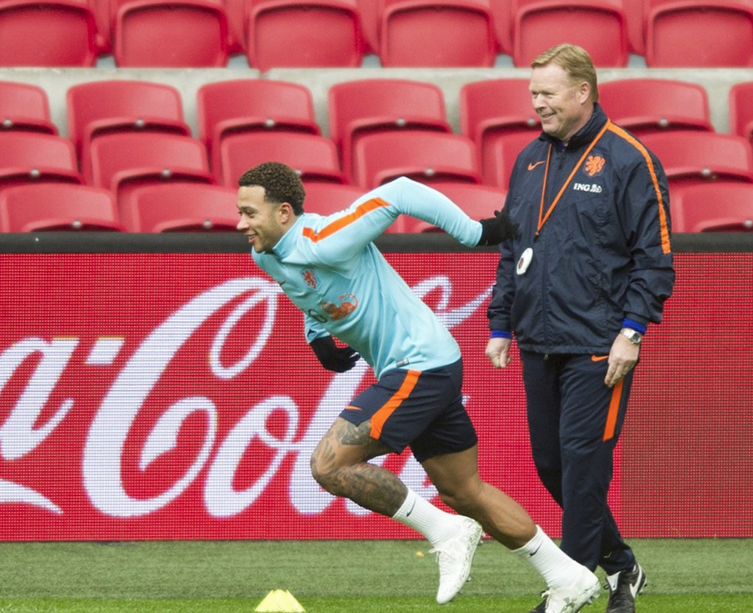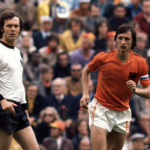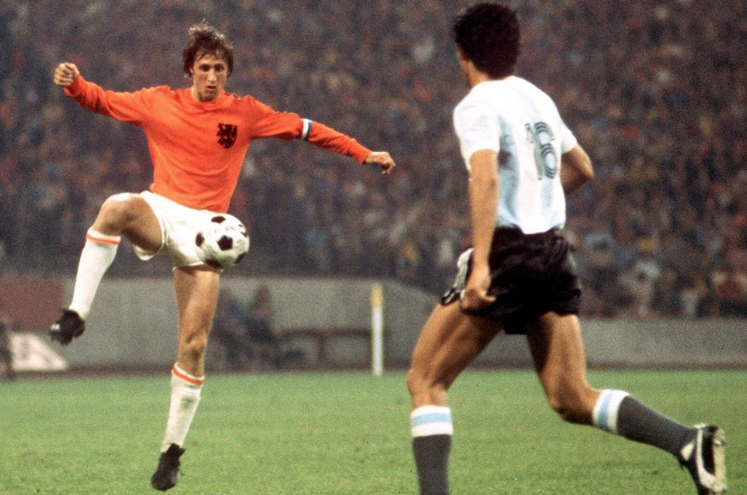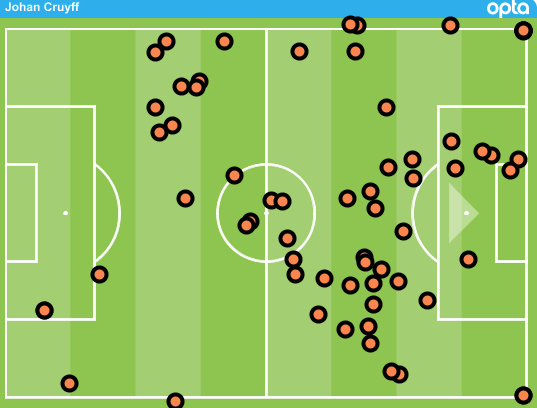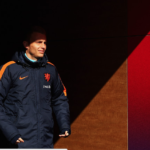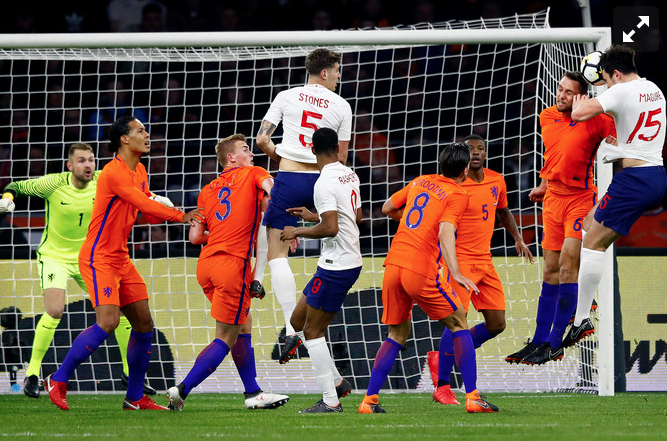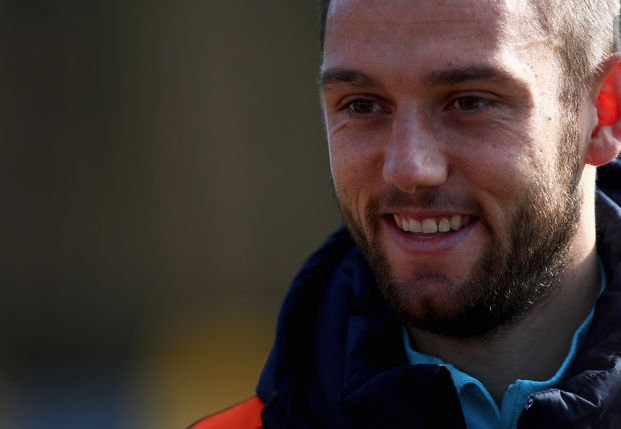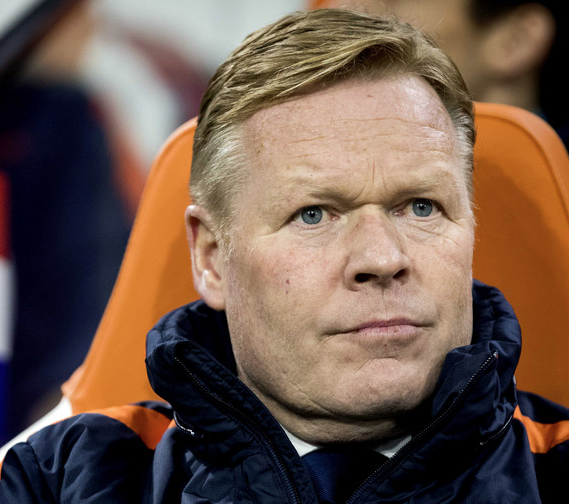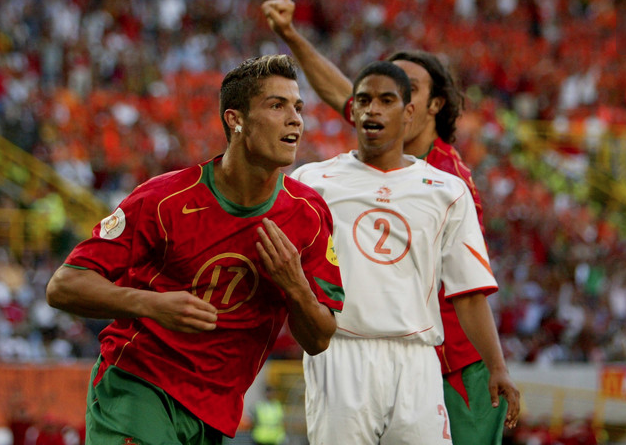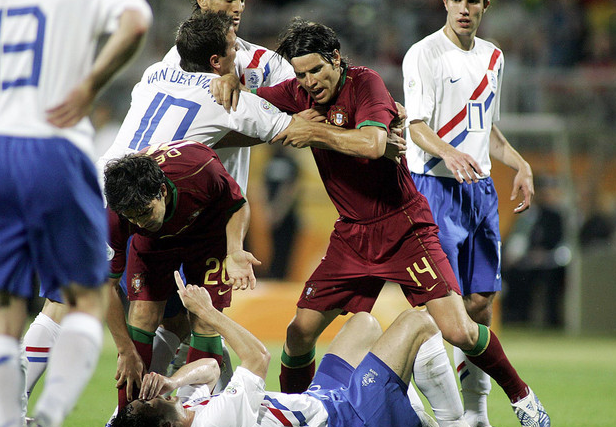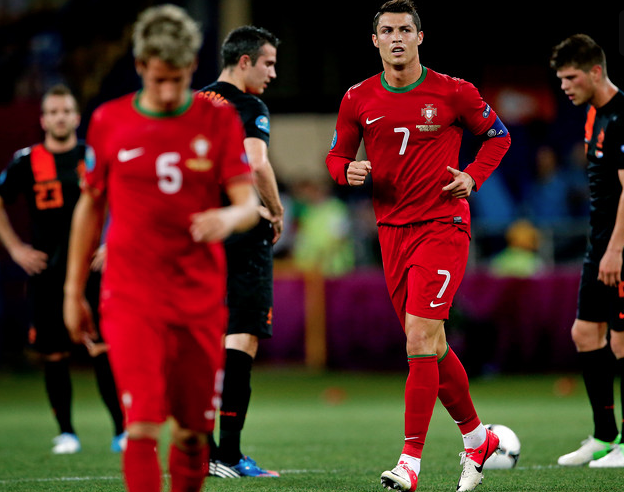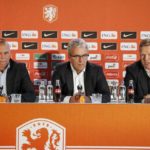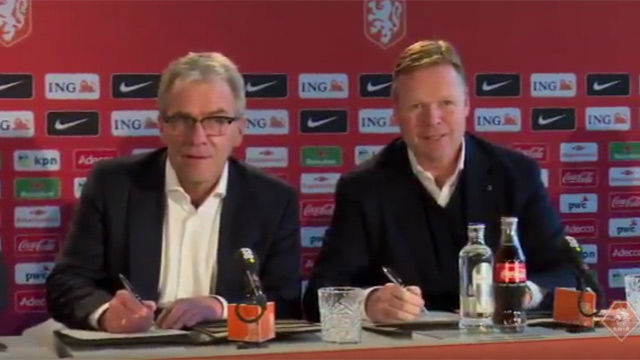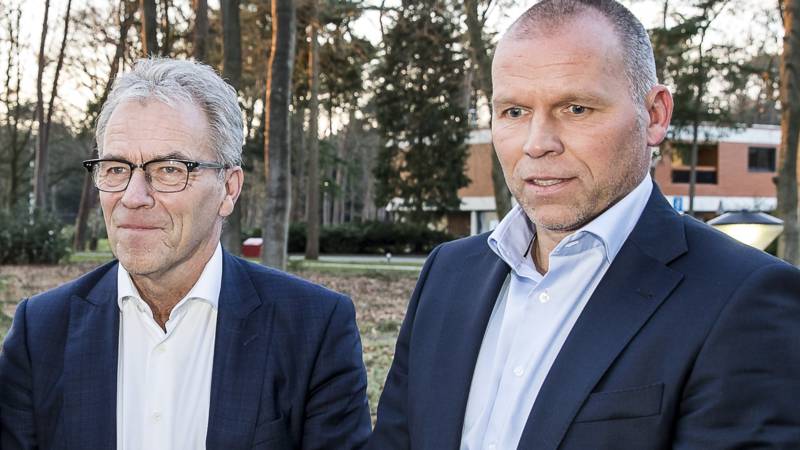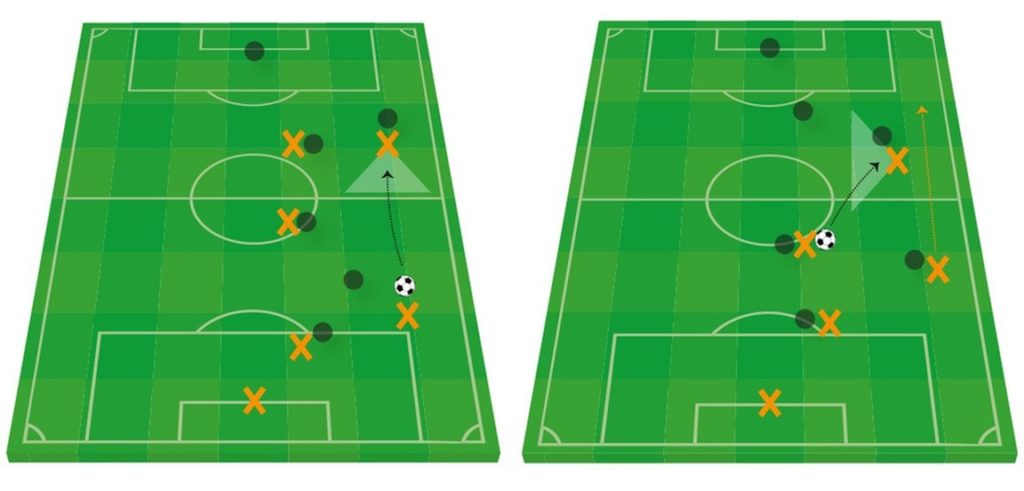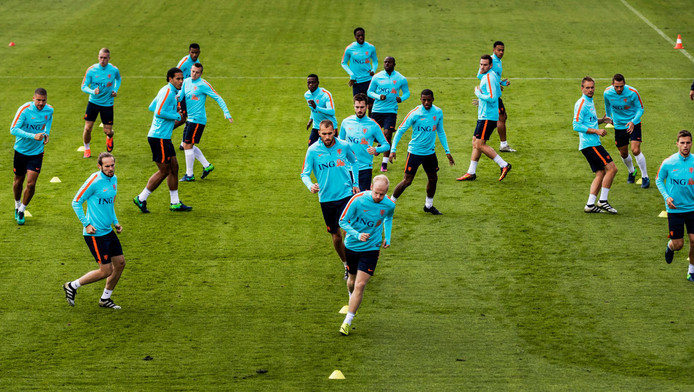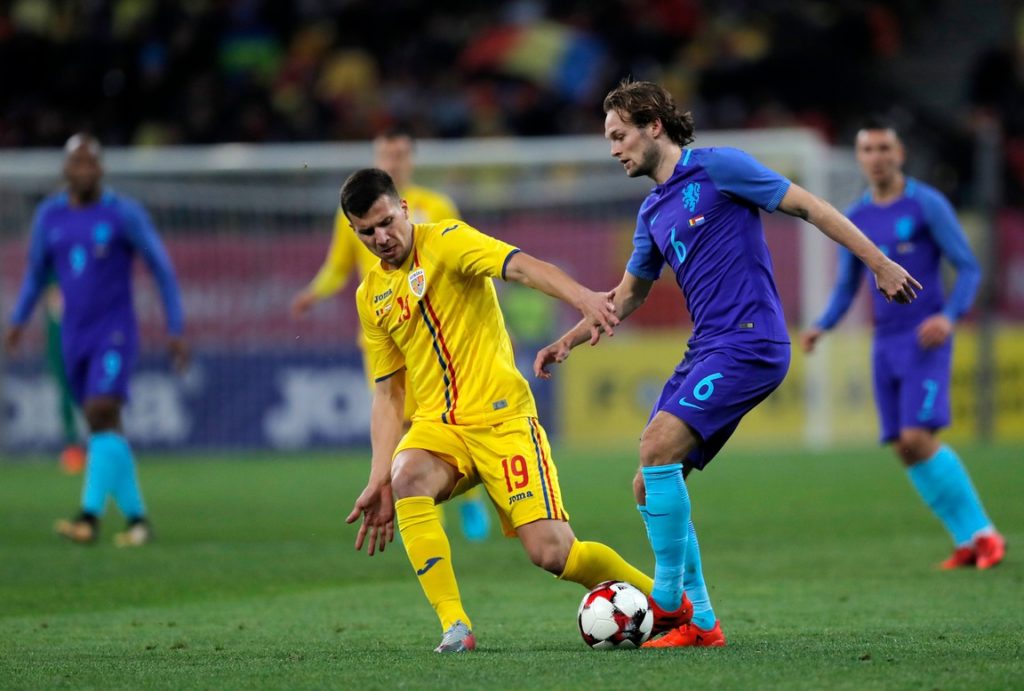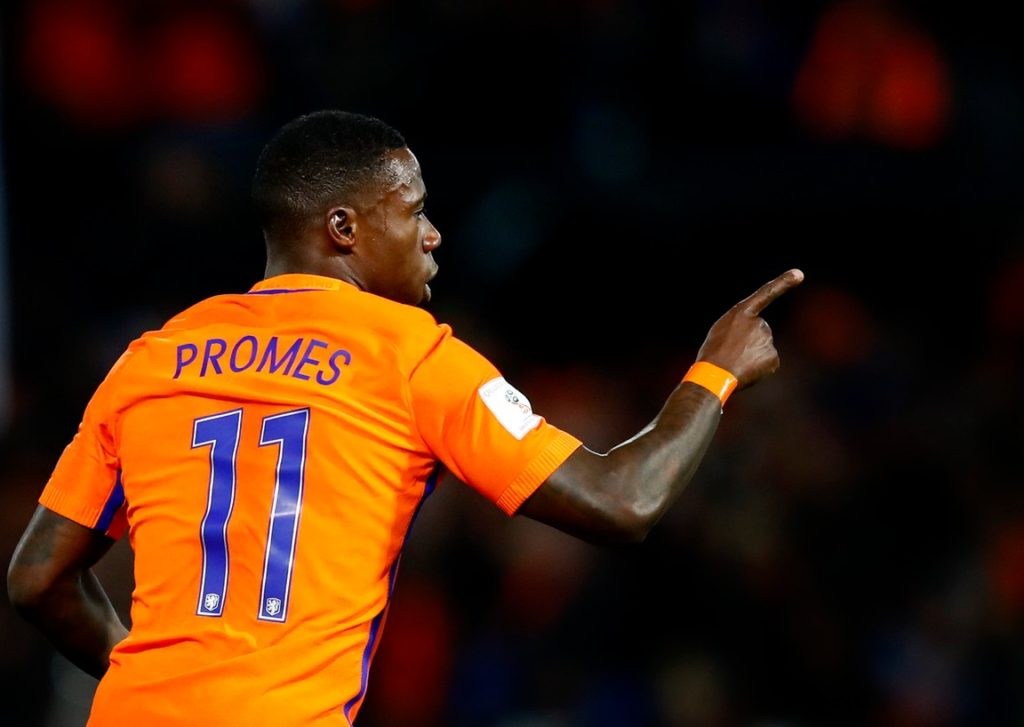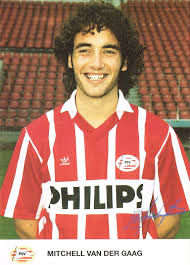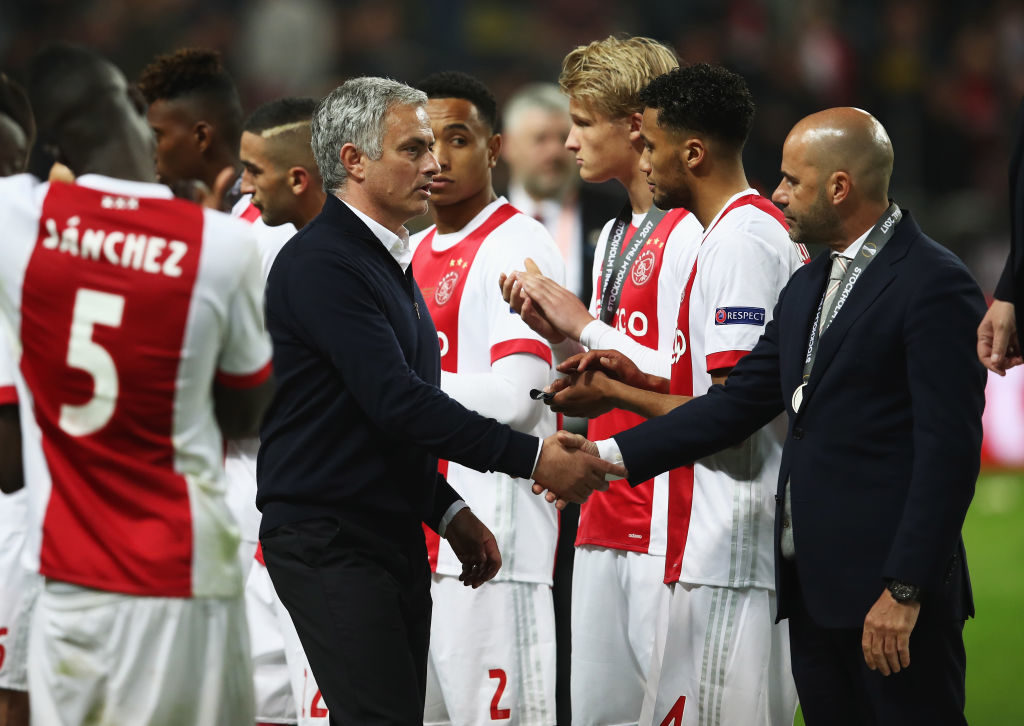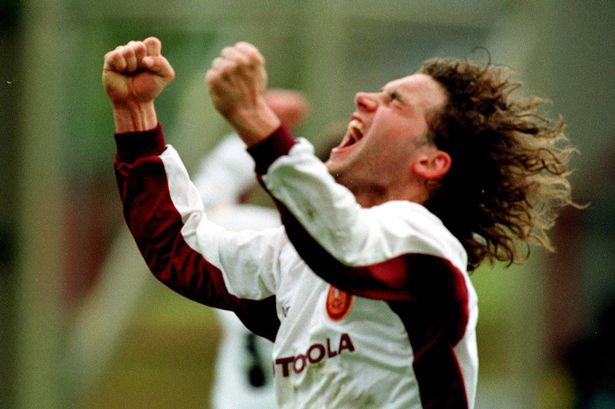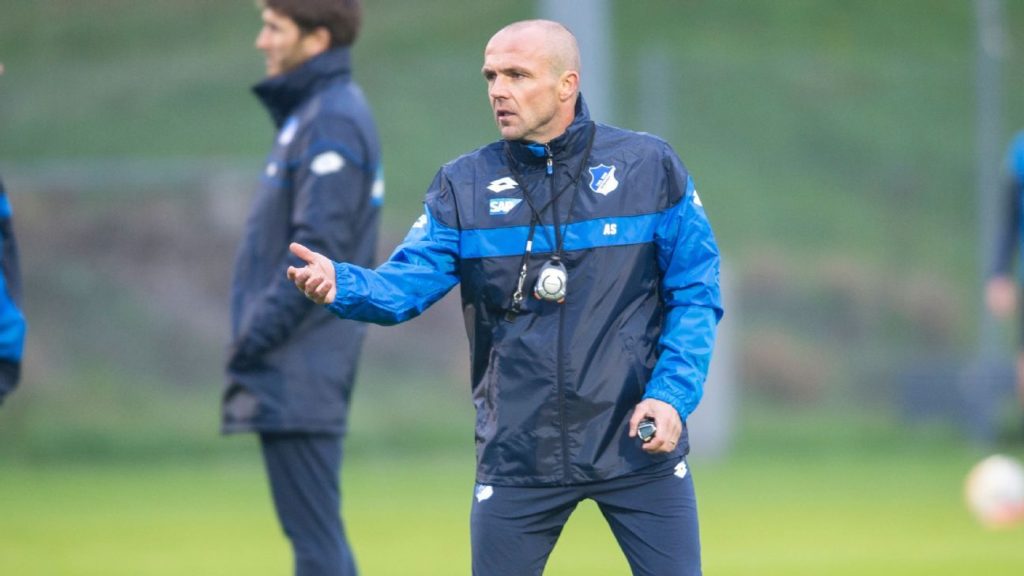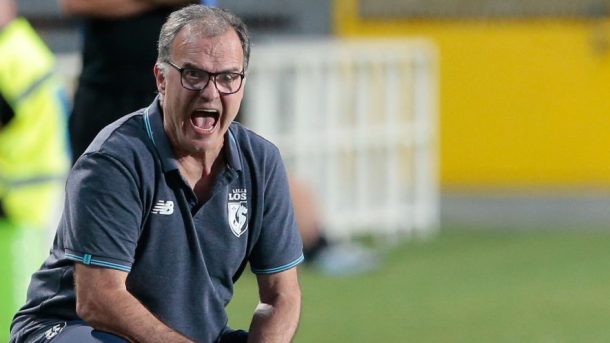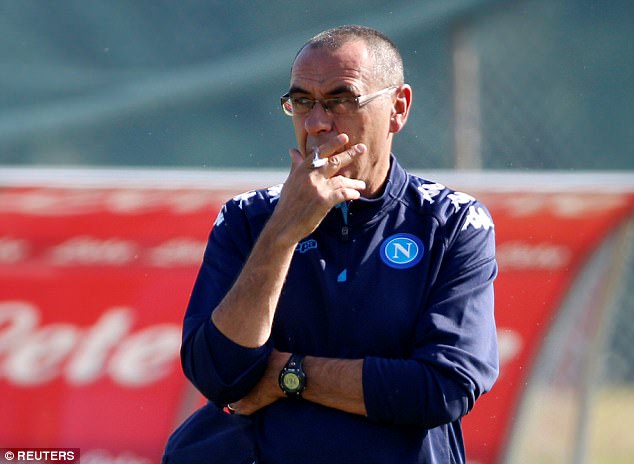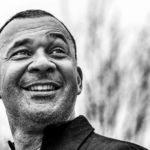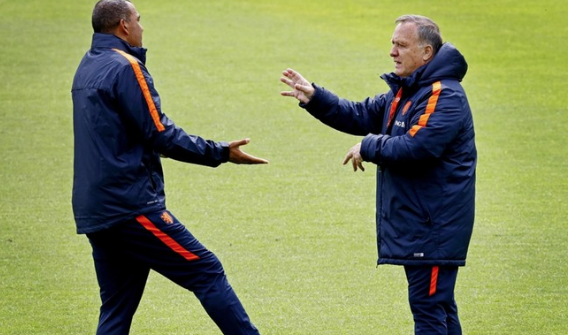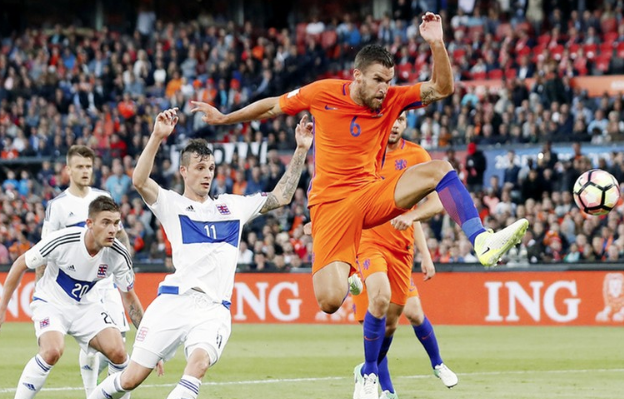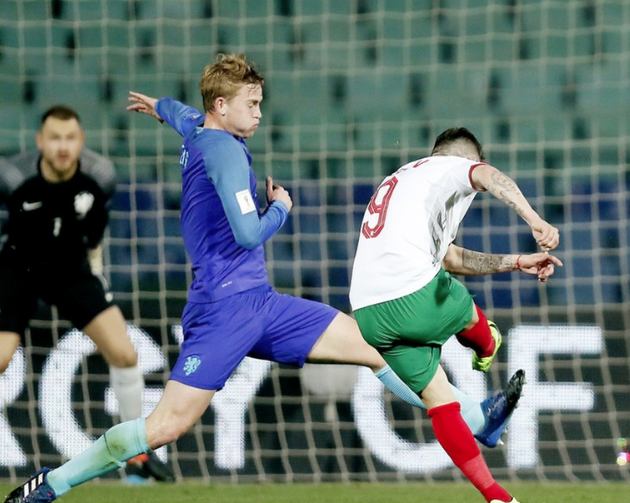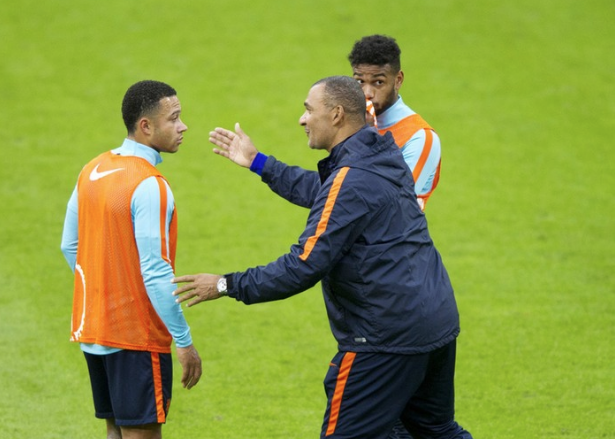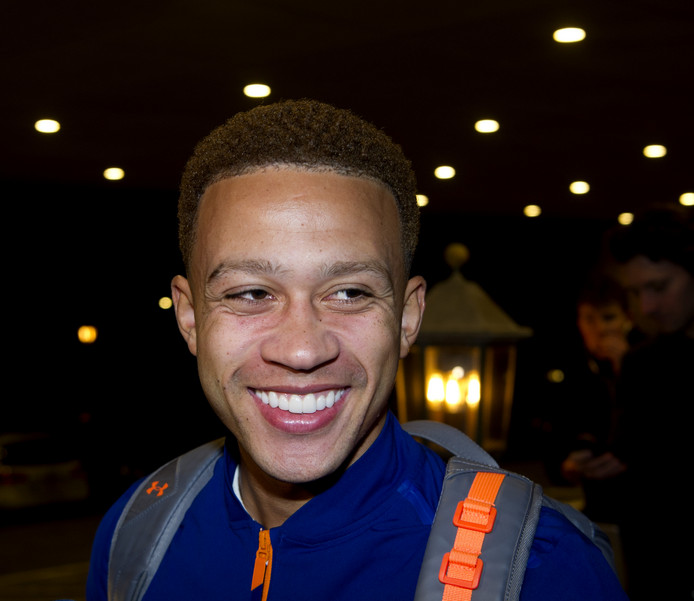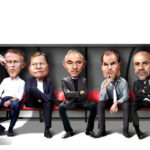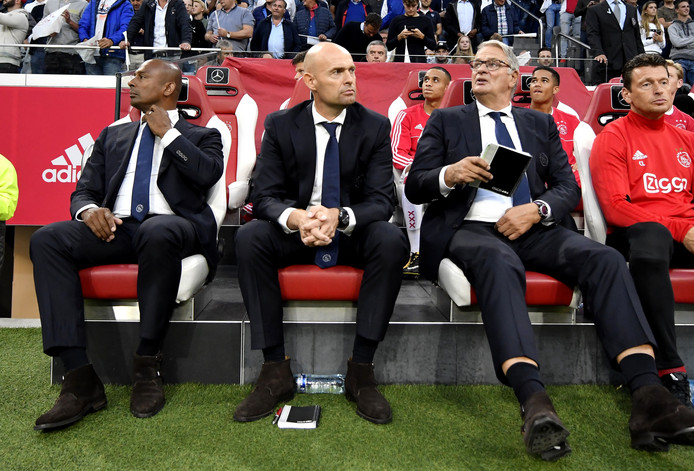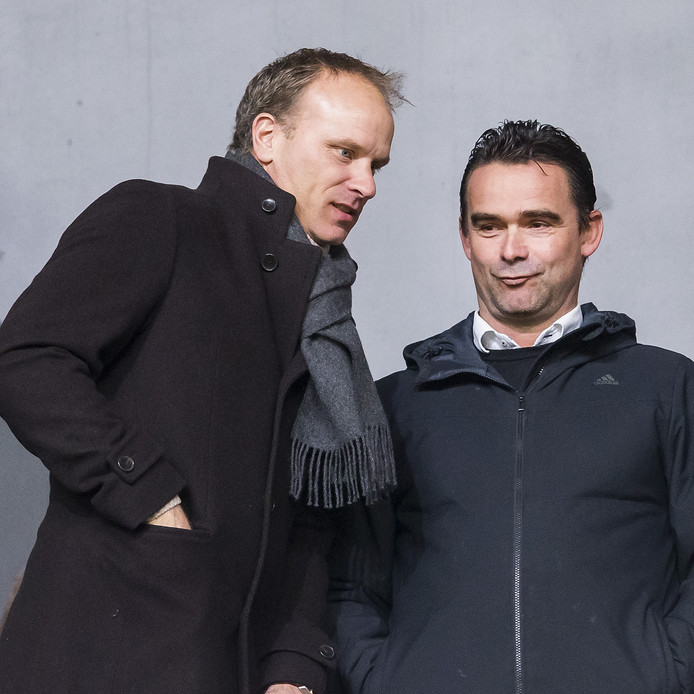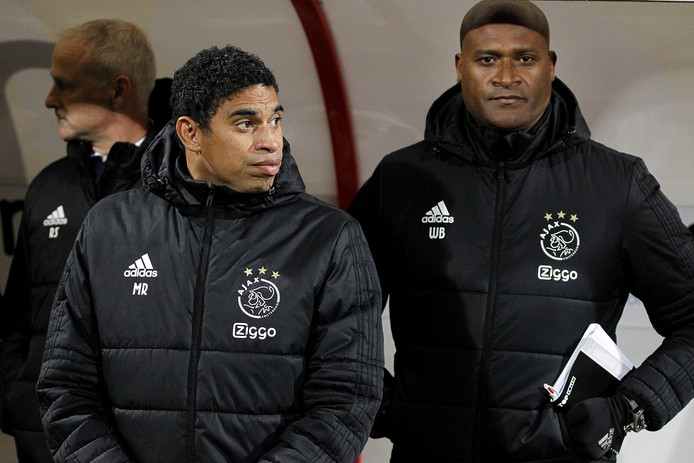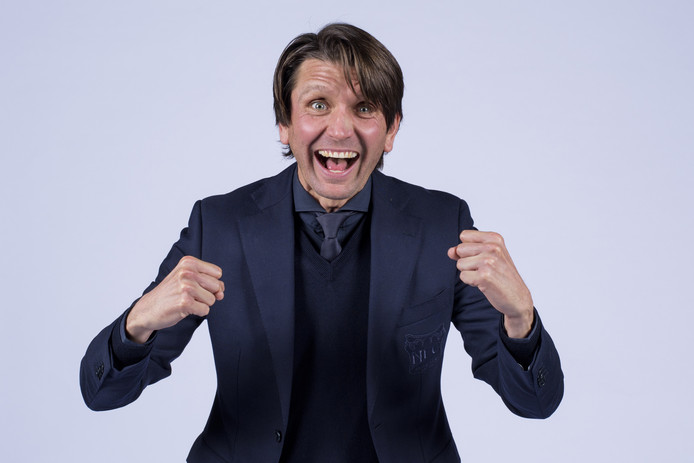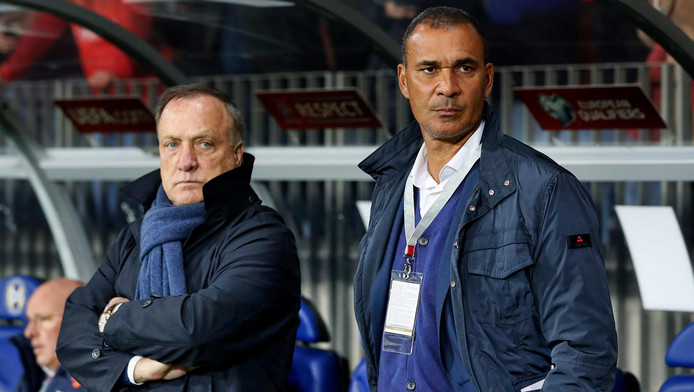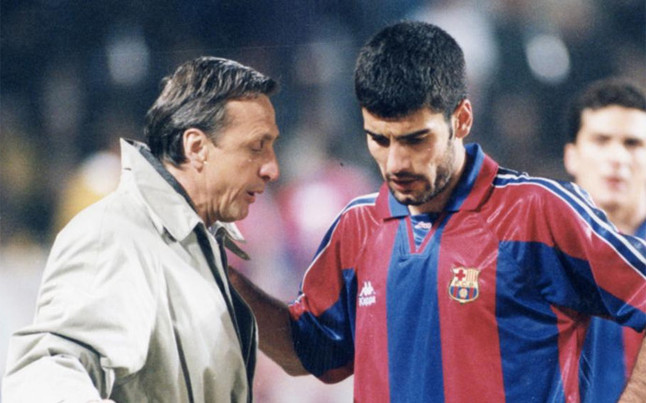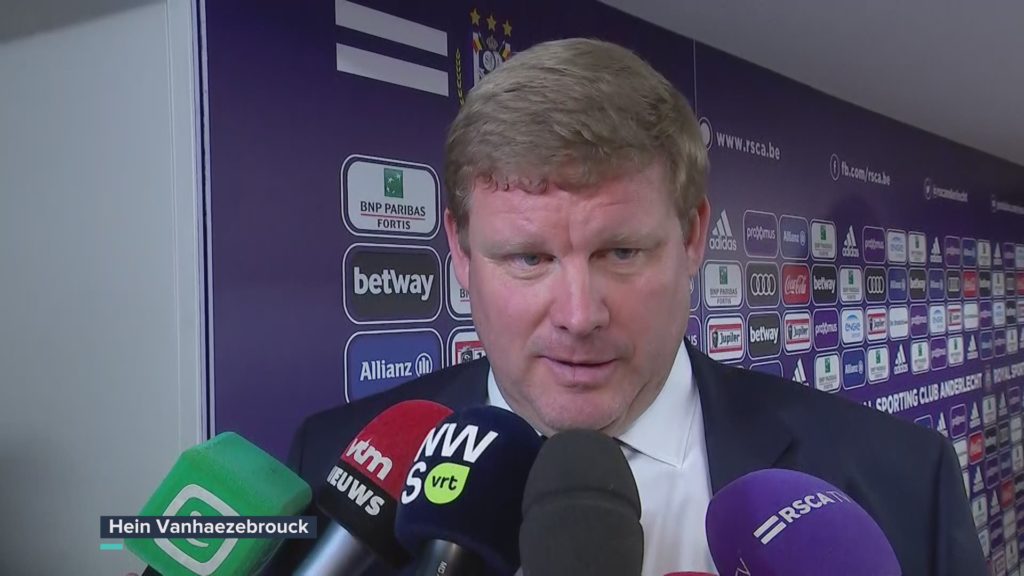I had a nice analysis prepared for today, focusing on Oranje and Koeman’s options but AZ Forever mowed the lawn under my feet! (Dutch expression)
In case you wonder: why the Frenkie de Jong pic for this Nations League post? Well, because from all I have seen, Frenkie makes the difference. He makes the team flow. He makes it look easy. He moves constantly, he sees the ideal solution, is flawless in his passing and he’s moving the team forward.
If I was Koeman, I would say Van Dijk Van Schwijk, Memphis Schmemphis, De Ligt De Schmigt, Cillesen Schmillesen: Frenkie is the first name on the team sheet.
That is what happens when you’re 10 hours behind (actually: in front, but in practice: behind due to time difference… I can only see Oranje matches the next day really).
So now Oranje analysis but a look at the Nations League and what it is.
It’s a new tournament for national teams, basically.
The UEFA realised that friendlies aren’t really helping a lot. The quality of the games are inconsistent and mostly poor. So this Nations League is an upgrade from friendlies, with a link to a ticket to the EC/WC tournaments.
There will still be friendlies, like the Peru – Sneijder farewell match, and in the run up to big tournaments, of course.
Every two years, we will have a Nations League tournament, in the odd year. So now we have the European Championship, World Cup, Confederations Cup and the Nations League. A bit much?
Surely, we will go to some big tournament again??
We will have the first edition now, with six match games in September, October and November. It’s also an alternative route to the European Cup. Four of the 24 competing nations will qualify for the EC2020 via the Nations League.
In March 2020, the 16 group winners will compete in play offs, within their division. Should the winners have qualified for the EC2020 already, the next best placed in that division will get the ticket for the EC.
This will be done based on position in the group, number of points, goal difference, number of goals scored, number of goals scored in away games, number of duels won, number of away duels won, Fair Play and finally the coefficient table.
Long story short: per division, the four best nations who haven’t qualified for the EC2020 will play the play offs. And it’s a knock out system. It’s a chance for countries missing out on the regular qualifications to still get to the EC.
The normal qualification games will start in March 2020 and not, like in the past, straight after the World Cup. This competition will result in 20 of the 24 competitors for the EC. The two top teams per group (10 groups). The final results in the Nations League will also be impacting the position in the draw for the EC.
So, in June 2019, we will have a mini EC played. There are different divisions and the 4 winners of Division A groups will go to the Euro2020. The winners of Division B will move up to the division up, while the last in the Division will get demoted down.
I think some people got their doctorate coming up with this system, but hey… more football, so….
Anyway, Holland is in the group with Germany and France. They both played already and drew.

